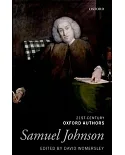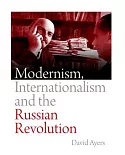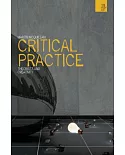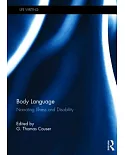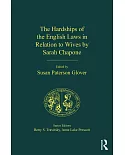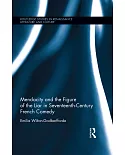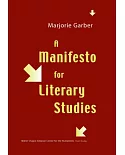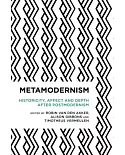〈台灣文學館獎助出版〉
本書內含兩個詩組:「時間筆記──致NS」(共十五首)及「給NK的十行詩」(共三十首)。「時間筆記──致NS」的主題是時間,從時間的形象化來表示時間的快慢、無情與記憶之間的關係,最後以病人垂死前對於時間的眷戀與無奈來表示生命的微小。字裡行間充滿了醫生的人文情懷,以及對於生命的尊重。「給NK的十行詩」也是詩組,共有三十首詩,以美為標的。「美」起於我們對於美的事物之印象,透過歷練與閱讀或旅行,對於「美」的形象更為多元,然而核心總在於令人愉悅令人舒服的感覺。
揮別忙碌的醫生生涯之後,江自得的生活以「美、愛、創作」三個面向為主。把美的追尋心得寫成「給NK的十行詩」,以與讀者分享。由於愛──對於人、鄉土、家國的愛,江自得出錢出力,積極為周邊的人事物爭取尊嚴。做為熱愛生命的醫生詩人,他始終能從詩的書寫與創作中獲得很大的樂趣。創作詩並不一定要追求名,更不在乎詩的永久性,畢竟那是後人的機緣與品味,與現階段的創作無關。
As of 2014, Dr. Chiang Chi-der (江自得) has published eleven volumes of poetry, one volume of collected essays and a professional textbook, a truly remarkable feat for a poet who was also a
practicing doctor.
In 1989, he joined Li Poetry and in the following 4 years (1989-2003), had four books of verse published. After his retirement in 2003, he focused on the composition of longer poems, coming
out with Ten Lines of Poetry to NK in 2005, including both Ten Lines of Poetry to NK, 30 poems in all, and Diaries of Time – to NS, 15 poems in all, which form the crux of this
collection.
Chiang Chi-der not only had keen insight into his patients but also the society they lived in. The subject matter he dealt with in most of his works was mainly beauty (not confined to
aesthetics), love (love for human beings, love for his native land, and love for his home country, Taiwan), and creativity (poetic writing).



